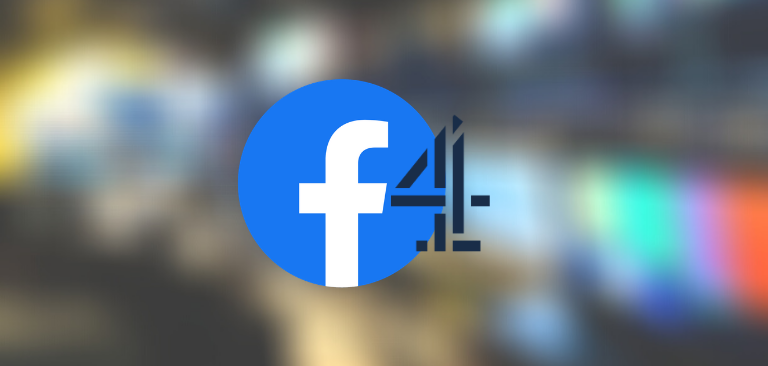UK’s Channel 4 TV wants the country’s regulators to force Google and Facebook to start taking a smaller cut of advertising revenues gained through the deals the tech giants have with broadcasters publishing content on their platforms.
Currently, this figure can go up to 45 percent thanks to the two corporations’ monopolistic status in the market, Channel 4 said in a submission sent to the Competition and Markets Authority (CMA).
Channel 4 was no doubt emboldened by CMA’s recent report about the online ad market, when the regulator stopped just short of calling Google and Facebook monopolies when it referred to them as “unavoidable trading partners” and made a recommendation to come up with a code of conduct that would ensure fair trade.
But the broadcaster wants the watchdog to take more action, by backing its attempt to secure a bigger piece of the advertising pie. Channel 4 said that while it invests in creating and producing content and takes all the risk, Google and Facebook reap only the benefits – to the tune of a 45 percent share of the ad revenue.
The media company’s submission continued to say that since the pair of giants face no true competition they have no reason to change the current state of affairs of their own accord. Channel 4 also stressed that it is one of UK’s public service broadcasters (PSBs) who are required to program towards the younger demographic, which means it feels compelled to publish its content where much of that audience is – Google’s YouTube and Facebook.
And even though Channel 4 is trying to diversify its presence in the online market by teaming up with the likes of TikTok and Snap, Google and Facebook remain its primary partners.
This broadcaster and the three other PSBs – the BBC, Channel 5, and ITV – have a combined 50+ million subscribers on YouTube alone, which in turn means they are unable to collect millions of pounds, thanks to Google’s rules around ad revenue sharing.
Facebook is yet to react to all this, while YouTube UK’s managing director commented by skirting the issue of fairness, or lack thereof, of the current revenue sharing model, to instead say it was helping these broadcasters reach new audience, as well as “driving revenues and providing a global promotional platform for them to scale their fantastic content.”













